Features of creams for intimate areas
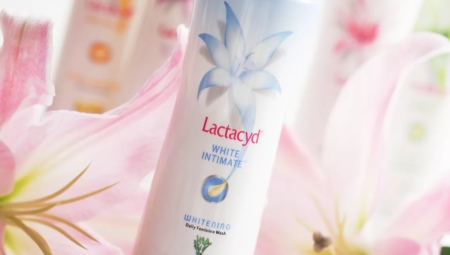
The need to buy a special cream for intimate areas appears in women and girls who have reached puberty. Such hygiene products maintain the normal acidity of the intimate microflora, provide softening and moisturizing, and maintain skin elasticity at the proper level. An overview of the products on the Russian market will help you choose women's hygiene creams for menopause and for every day, will allow you to find the optimal composition of nutrients.
What is it and why is it needed?
The skin of the female body has its own characteristics and needs associated with the choice of body hygiene products. In intimate areas, the microflora is characterized by an increased content of lactobacilli that produce lactic acid. In such an environment, pathogenic microorganisms die very quickly. But the use of inappropriate hygiene products leads to a disruption of this delicate balance, and sometimes other factors, from hormonal changes to inflammatory processes, have an impact.
Special creams for intimate areas allow you to eliminate chafing from linen seams, relieve dry skin, and get rid of a specific odor. They do not have a therapeutic effect, unlike medications. But they compare favorably with standard cosmetics in that they preserve the normal microflora in the delicate area.
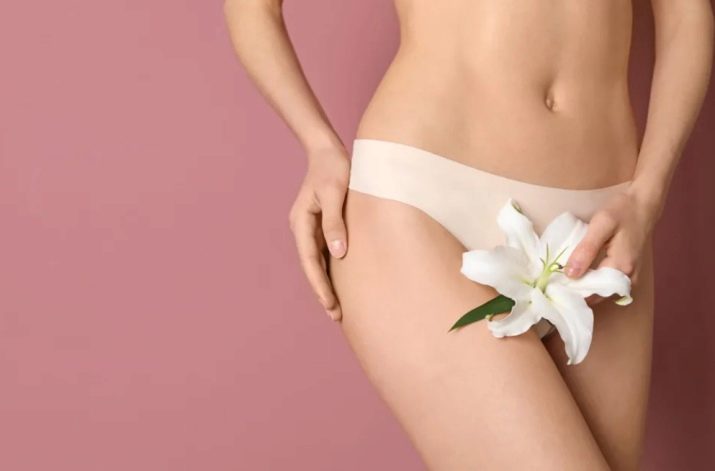
The features of such creams include a number of factors.
- The acidity level is close to natural. It is pH 3.8-4.6.
- The presence of antiseptic components. They provide the prevention of fungal diseases, eliminate pathogenic microorganisms, and have a calming effect.
- Microflora normalization. If a woman's own bacterial microflora balance is far from ideal, the cream will help restore it with an additional dose of lactobacilli.
- Wound healing effect. It is necessary to eliminate micro-injuries after shaving or other destructive effects.
These are the main differences between creams for intimate areas. In addition, depending on the purpose, such funds can eliminate the discomfort associated with age-related changes in the female body, with hormonal fluctuations. All this makes them a truly essential component of daily care.
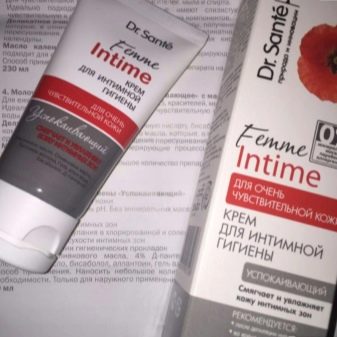
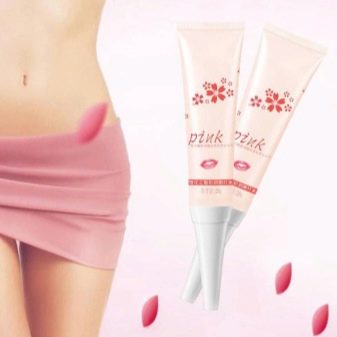
Description of species
Hygienic cream for intimate areas can have both cleansing and caring effects. In some cases, the composition is applied to already cleansed skin, softening and moisturizing it. This cream-ointment has a thicker consistency, but provides easy and quick absorption. However, the classification of funds is much more diverse. Some of the parameters are worth examining in more detail.
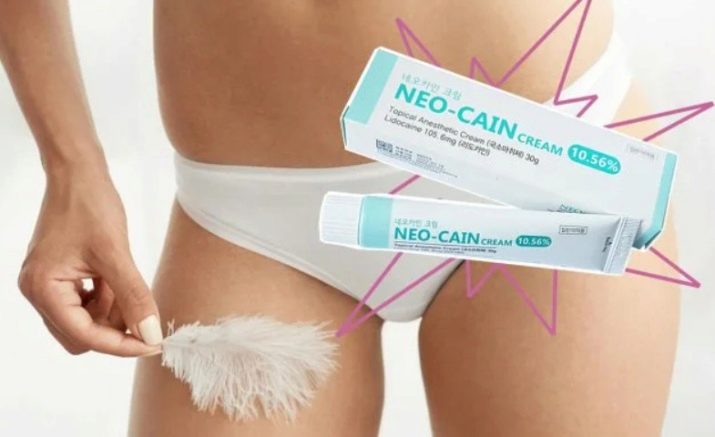
By appointment
The selection of creams for the intimate area is always individual. It is best to first consult with a gynecologist about this, get tested, and only after that choose a cleansing or caring agent for every day. According to their purpose, such creams are divided into groups.
- Medicinal. They are prescribed as a component of complex antifungal therapy, in the treatment of microflora imbalance. Usually natamycin or clotrimazole is present in the composition. You should not continue to use the cream for prophylactic purposes or self-medicate.
- Soothing for every day. It is used to eliminate the discomfort associated with rubbing the skin with tight linen or clothing. These creams relieve irritation from pads and tampons during your period. The composition of these funds contains vitamins A, D, E, light wound-healing components.
- Nutritious. They are indicated for women who experience discomfort due to increased dry skin. With regular use, they provide softening, saturation of dry areas with nutrients. These creams are helpful in maintaining the elasticity of the skin.
- Healing. These creams work well for irritation after shaving or waxing. In case of cracks, ruptures of the mucous membrane, special preparations are used according to the doctor's prescription - such as "Actovegin". After childbirth, it is possible to use hygiene products with a healing effect only in the absence of medical restrictions.
- Anti-aging during menopause. During menopause, women suffer from a wide variety of symptoms, but especially from dry mucous membranes. Special creams restore elasticity to tissues, restore a healthy balance of microflora. With their help, it is possible to relieve most of the symptoms of menopause.
- Cooling. They relieve itching of the skin, contain mint or menthol, which relieves discomfort. Some drugs additionally have an antihistamine effect. This is especially important if itching is caused by a local allergic reaction to cosmetics or lubricants.
- Depilatory. They are intended for hair removal in delicate areas. They are applied strictly outside the area of the mucous membrane.
- Cleansing. These cream gels are similar to liquid soaps. They are used for application to the skin only after foaming with water. When cleansing, the balance of microflora is not disturbed.
- Exciting. They are necessary in case of a decrease in libido to improve the quality of intimate life; they can additionally act as a lubricant.
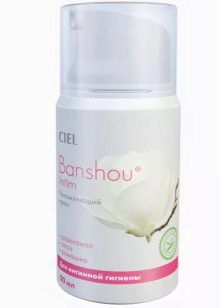
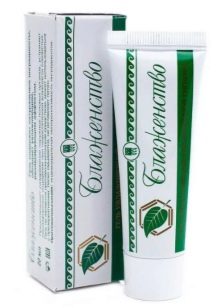
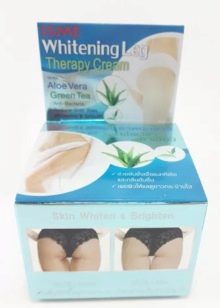
These are the main groups of creams for intimate areas on sale. When used as directed, they allow not only to avoid violations in the microflora, but also to get rid of other unpleasant sensations.
By composition
The base of the cream affects the ease of its application and rinsing, as well as the effectiveness of the action, the consistency. Water-based products are the lightest, most liquid, but they also contain a fatty component, just in smaller proportions. Choose creams that use emulsion wax or cetylstearyl alcohol as emulsifiers.
Silicone-based products form a protective film on the skin surface. This property is most often used when creating intimate creams.
Oily products are divided into regular and butters with a thicker consistency. They must contain natural ingredients. Olive, shea butter, almond, grape seed oil are part of anti-aging products.
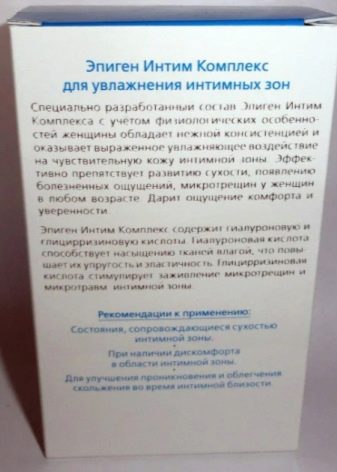
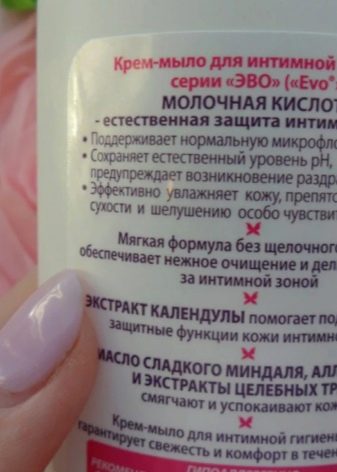
Top brands
Among the brands under which products in the form of a cream for intimate areas are produced, large manufacturers of cosmetics prevail. It is worth considering trustworthy brands more closely.
-
Green Mama. The European manufacturer produces a wide range of cosmetics. Among them there is a cream-gel for cleansing delicate areas, as well as emollients and moisturizers. The composition does not use chemically aggressive substances.
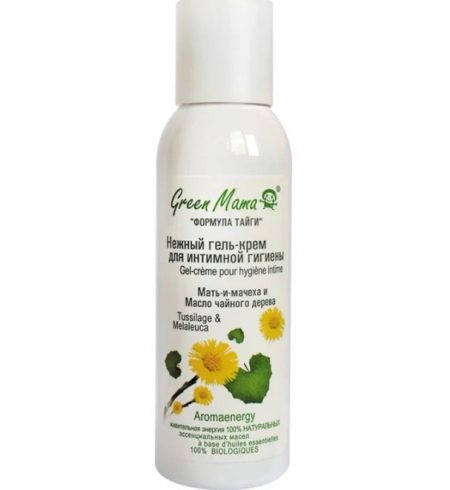
- "I am the". The cream-gel for cleansing delicate areas of this brand is hypoallergenic, foams well, easily replaces ordinary liquid soap. With frequent use, the pH balance may change.
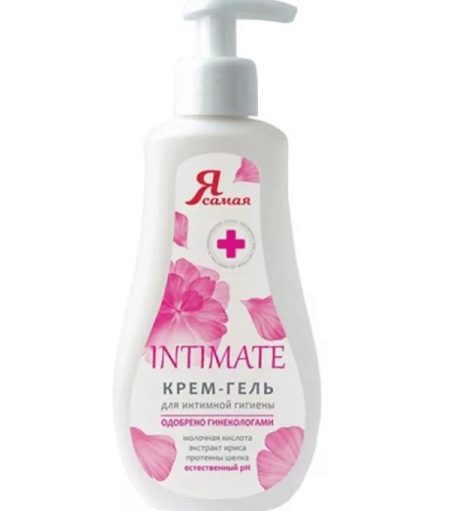
- "Vagizil". The brand belongs to the German company Pfizer. Belongs to the category of medicinal creams, sold in the pharmacy. Relieves itching and burning, normalizes the state of microflora.
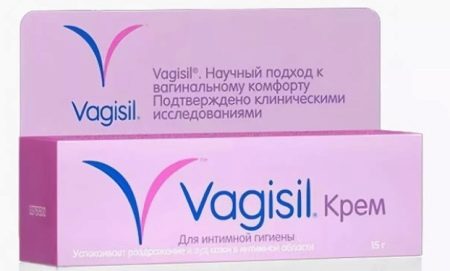
- Feminel. Oriflame line of intimate hygiene products. The composition contains lactic acid, proteins, shea butter. The cream relieves irritation, moisturizes and deodorizes the skin. Optimal in texture, absorption rate.
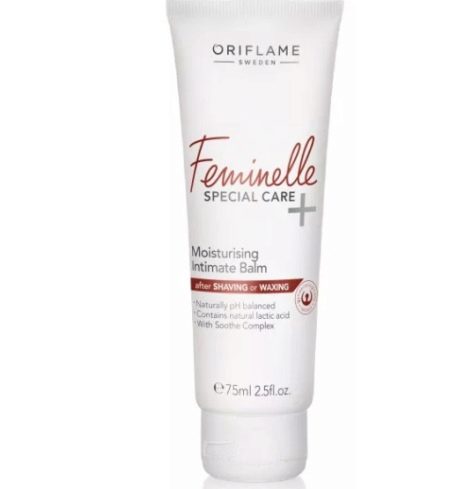
- Dr Sante. The Ukrainian brand launches its own line of creams for intimate hygiene. Means eliminate dryness, accelerate cell regeneration, and rejuvenate tissues. The hypoallergenic composition does not harm the body.
Medical antifungal creams ("Clotrimazole", "Nezulin", their other options) are used only as directed by a doctor.
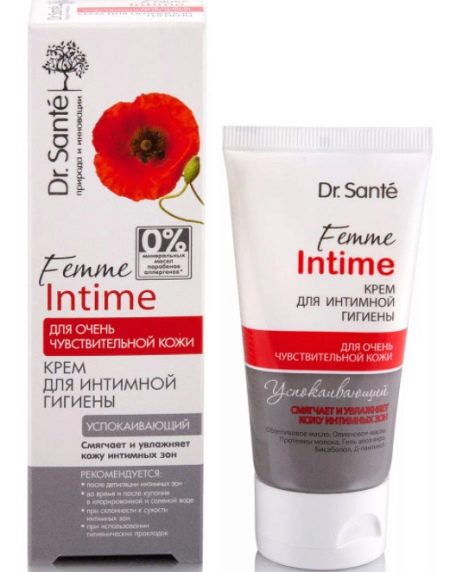
Nuances of choice
Choosing the right cream for intimate areas is a task that requires special attention to detail. It is important to pay attention to the purpose of the product: children are not suitable for adult women, since the acidity level of the skin varies.
Here are other points to watch out for.
- Appointment. Pharmacy creams with a therapeutic effect have a rather narrow range of applications. It is not worth artificially expanding it, as well as using it without a doctor's prescription. If itching, discomfort persists for more than 3 days, it is worth visiting a gynecologist and getting tested for infections. Cosmetics are applied at will, sold through retail chains.
- Detergent type. It is good if the cream does not contain sulfates that cause dry skin. Among the antibacterial components for intimate hygiene, triclosan is the most dangerous for regular use.
- Hypoallergenic. The less dyes, preservatives, thickeners, alcohols and alkalis in the composition, the better for the health of the intimate area. It's important to avoid perfumed creams as they can cause allergic reactions or change their scent when they react with sweat.
- Consistency. Thick cream ointments are more suitable for medicinal purposes. Light semi-liquid products replace soap when caring for the intimate area. For softening and moisturizing, it is worth choosing highly absorbent, not too thick creams.
- Natural ingredients in the composition. Oils and extracts of tea tree, calendula, oak bark are considered natural antiseptics. Chamomile has a delicate effect on pathogenic microflora.
- Package volume. Any cosmetics after opening have a rather short shelf life. You should not purchase funds with a margin, it is better to give preference to mini-packages.
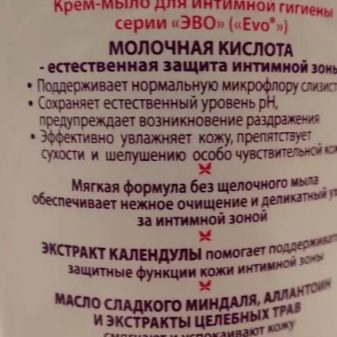
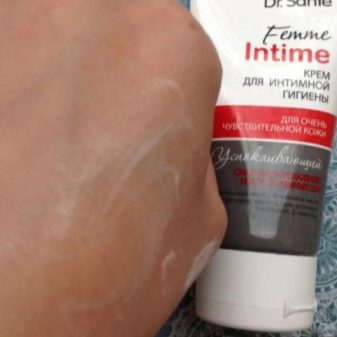
Special creams for intimate areas must be selected, avoiding contact with possible allergens.If you have an individual intolerance, you should first consult with your doctor about the possible consequences, choose the optimal composition of funds.
Usage Tips
Skin care using a special cream for intimate areas should be done strictly according to the rules. It is necessary to use such funds exclusively on the outer part of the skin. It is not recommended to lubricate mucous membranes with cream. The use of perfumed compositions containing alcohol in the intimate area should be limited. They can cause irritation, can change the smell of sweat, making it even more harsh and unpleasant.
The best creams of this type are marked with no potential allergens in the formulation. If the cream is used for taking hygiene procedures, the procedure will be as follows:
- a small amount of the product foams under running water;
- the resulting mass is distributed over the skin in intimate areas;
- rinses off thoroughly with clean water;
- the skin is wiped dry with a soft cotton towel.
You can perform hygiene procedures using intimate hygiene products no more than 3 times a day. The rest of the time, just rinsing the body with water is enough. You can not use ordinary, not specialized means in the postoperative period, while the sutures are healing. At this time, you need to do with an antiseptic recommended by a doctor. And also the number of contraindications can be attributed to the individual intolerance of components - fragrances, herbal extracts.









